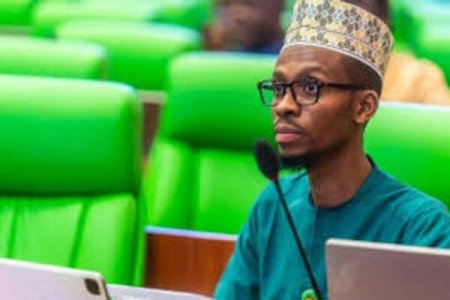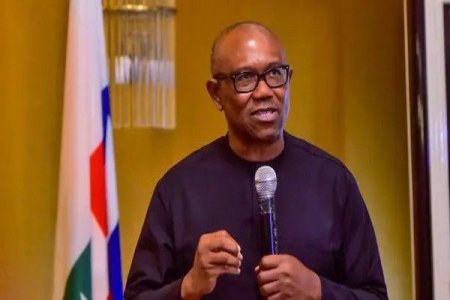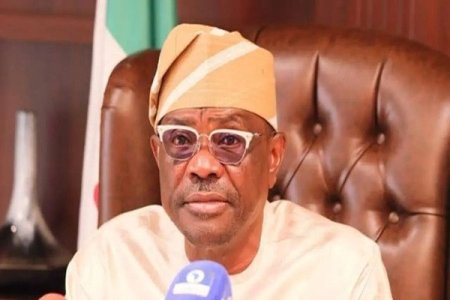
Bello El-Rufai, a member of Nigeria’s House of Representatives, urges MDAs to eliminate yearly purchases of vehicles and utensils in the 2025 budget. He highlights the need for fiscal responsibility, citing recurring wasteful spending on non-essential items like vehicles, furniture, and cutlery. El-Rufai calls for reforms.
As deliberations on Nigeria’s 2025 budget began in the National Assembly, a member of the House of Representatives, Bello El-Rufai, raised concerns about the consistent purchase of new vehicles and utensils by Ministries, Departments, and Agencies (MDAs) each year. Speaking on the floor of the House on Thursday, December 19, El-Rufai emphasized the need to tighten budgetary allocations by eliminating unnecessary expenses.
El-Rufai pointed out that every year, agencies request funding for the purchase of vehicles and utensils, even though these items do not need to be replaced annually. “Vehicles do not expire,” he remarked, urging that these recurring expenses be cut from the 2025 budget.
He stressed the importance of addressing these “small but significant” areas of waste, suggesting that without tackling such issues, broader efforts to close budgetary loopholes would be ineffective. El-Rufai also referenced the Oransaye report, which calls for the reduction of excess government spending, and advocated for its full implementation.
El-Rufai’s comments reflect growing frustration among Nigerians about the government’s spending habits, especially when it comes to luxury items like vehicles and office supplies. For years, government budgets have included allocations for new computers, furniture, and other equipment—items that, according to El-Rufai, do not expire and could be reused.
His remarks came amid broader discussions on tax reforms aimed at improving Nigeria’s fiscal situation. El-Rufai argued that if the government expects Nigerians to accept tax reforms, it must first demonstrate fiscal responsibility by cutting unnecessary expenses.




![[VIDEO] Kogi Governor Usman Ododo and Supporters Celebrate Yahaya Bello’s Release on Bail](/data/attachments/211/211626-d17b6673dbf8b3dff77a5fc6468ff167.jpg?hash=QTGZtMKAsJ)
